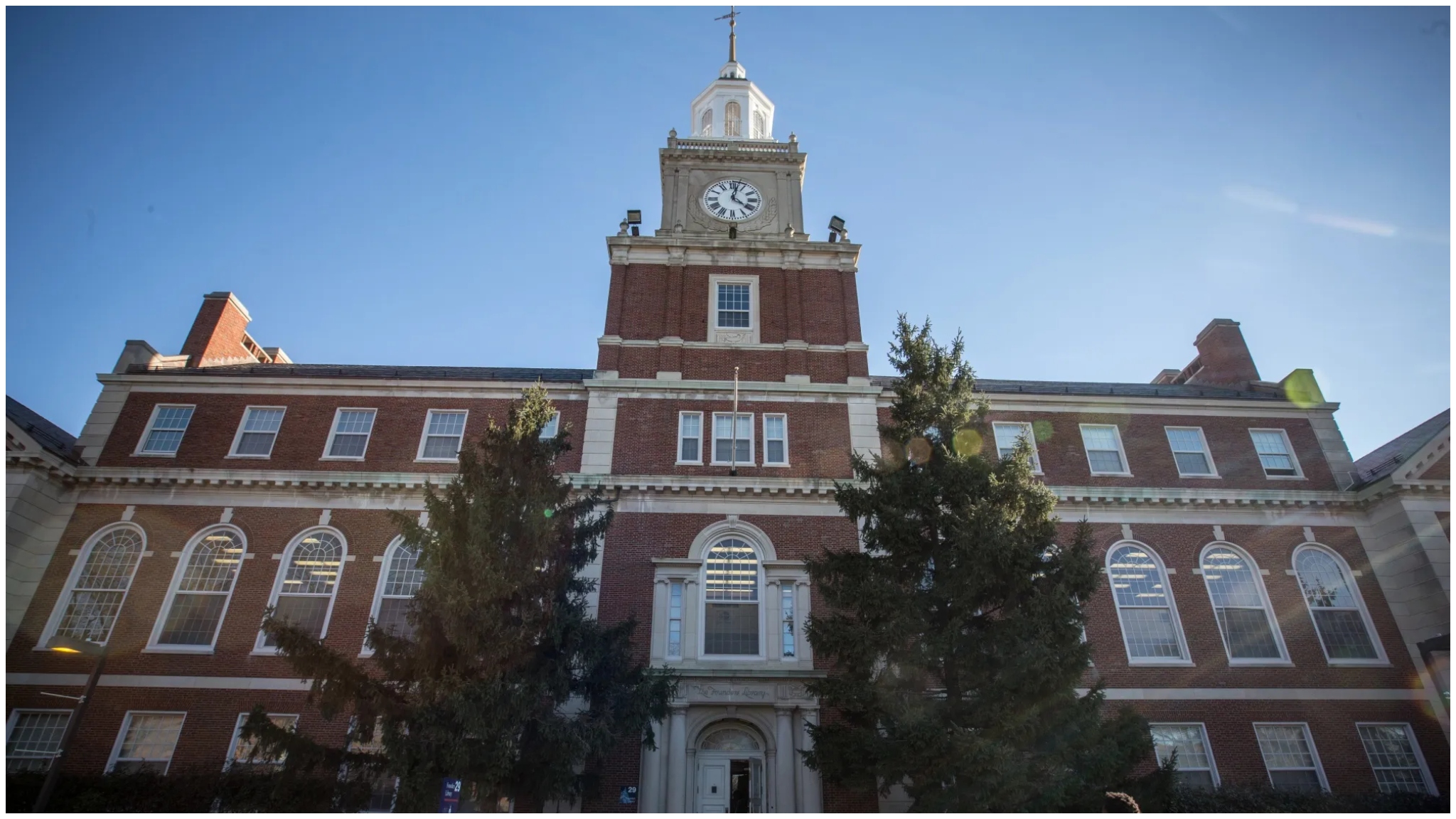Howard Hits $1 Billion as Other HBCUs Struggle with Cuts
Howard University has made history. It is now the first historically Black college or university (HBCU) to reach a $1 billion endowment. This milestone highlights both the strength of Howard’s financial strategy and the growing divide among HBCUs. While Howard rises, many other Black colleges face deep funding concerns.
The achievement comes at a time when the federal government is threatening to cut vital education support. This makes Howard’s success even more impressive—and more urgent. “This is a moment of pride but also a wake-up call,” said Fatima Brunson, a professor at Spelman College.
Rising Threats from the Federal Government
Across the country, HBCU leaders are on edge. Many schools depend heavily on federal money. Some colleges, like Florida A&M University (FAMU), have already felt the impact. FAMU recently lost a $16.3 million grant that funded AI and cancer research.
Under the Trump administration, cuts to education and attacks on diversity programs are making things worse. President Trump has promised to eliminate the U.S. Department of Education. While that hasn’t happened yet, schools are being told to prepare for life without federal support.
Most HBCUs Rely on Federal Dollars to Stay Open
Black colleges receive 54% of their funding from the government. In contrast, other colleges get about one-third. That means if cuts continue, HBCUs may have to shrink their staff, drop programs, or even shut down.
Nearly three-quarters of students at HBCUs depend on Pell Grants. These grants help low-income students pay for school. Without them, many Black students could lose access to college education. “Students are already getting the message that they’re not a priority,” one HBCU leader shared.
Some Colleges Are Fighting Back with Fundraising
In Charlotte, Johnson C. Smith University launched a $10 million fundraising campaign. Their president, Valerie Kinloch, says they’re preparing for the worst. “We’re facing the possible loss of key programs like Upward Bound,” she said. “We’re talking about real changes in how we serve students.”
Grant cuts could also halt research on health and housing issues that impact Black communities. FAMU’s lost grant supported studies into colorectal cancer among Black Americans. Leaders fear those advances may now be at risk.
Why Howard’s Success Matters Now More Than Ever
Howard University’s $1 billion endowment sets it apart. It gives the school freedom to invest in students, research, and long-term planning without depending too much on federal aid. But most HBCUs aren’t that lucky.
North Carolina A&T has the largest endowment of any Black public university at $202 million—still far behind Howard. Eighteen HBCUs, including Howard, were among the 30 schools most dependent on federal funds last year. That means even Howard can’t fully escape the pressure.
Is This a Turning Point for Black Colleges?
Some believe the threat to HBCUs is part of a larger attack. Trump’s administration has banned diversity programs across government offices and is targeting colleges with similar goals. While HBCUs haven’t been hit directly yet, leaders worry it’s only a matter of time.
“This is a chance to focus on ourselves,” said Hassiem Kambui, an education professor and author. “We must take control of our future, even if we don’t know what that future looks like yet.”
Final Thoughts: Resilience in the Face of Uncertainty
Howard’s billion-dollar milestone is more than a headline. It’s proof that Black colleges can lead the way. But for many HBCUs, survival remains a daily fight. The risk of losing critical federal support is real. So is the determination to keep educating, serving, and thriving.
“This moment is forcing us to return to our roots,” said Brunson. “Education is under attack, but we’ve been here before. We will not stop.”





